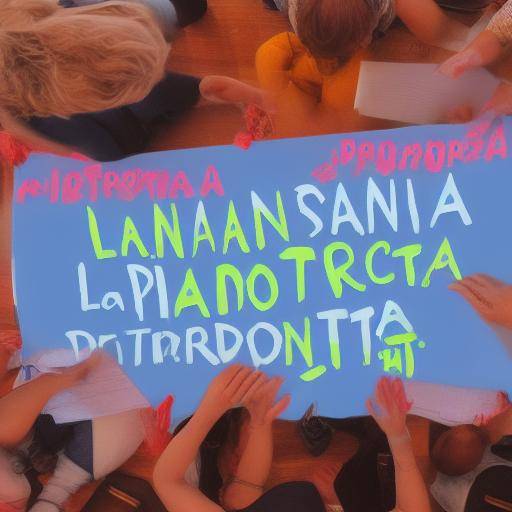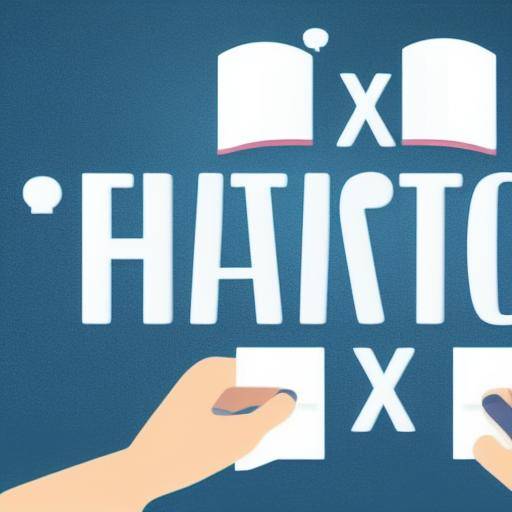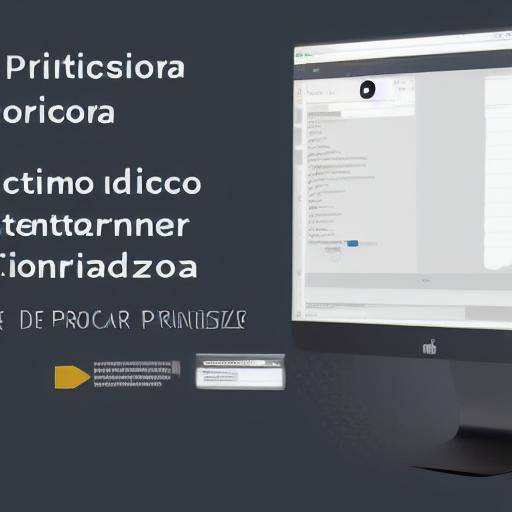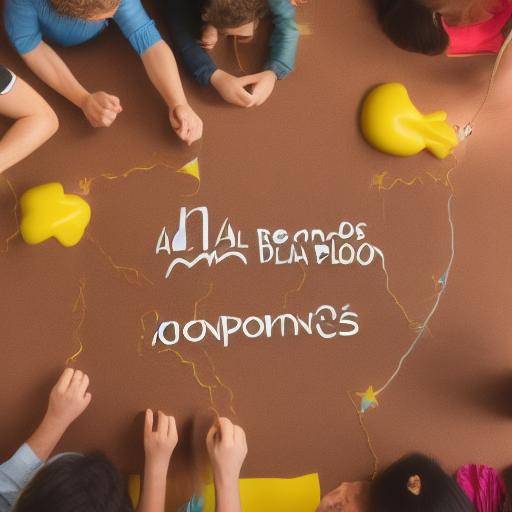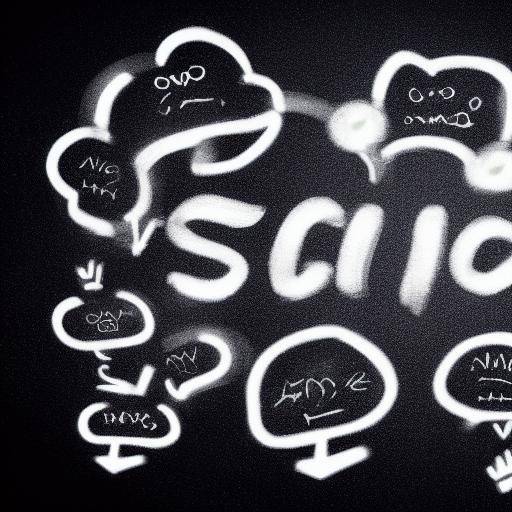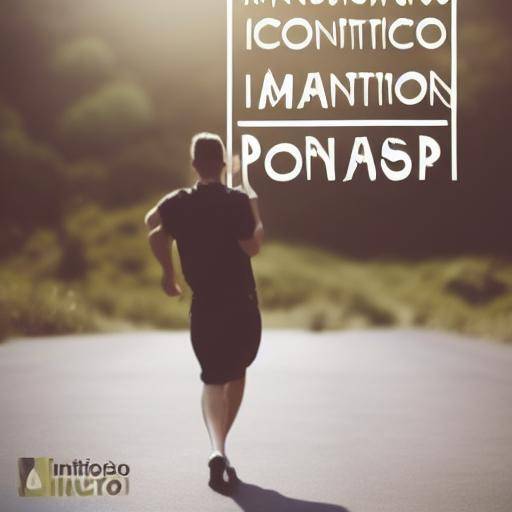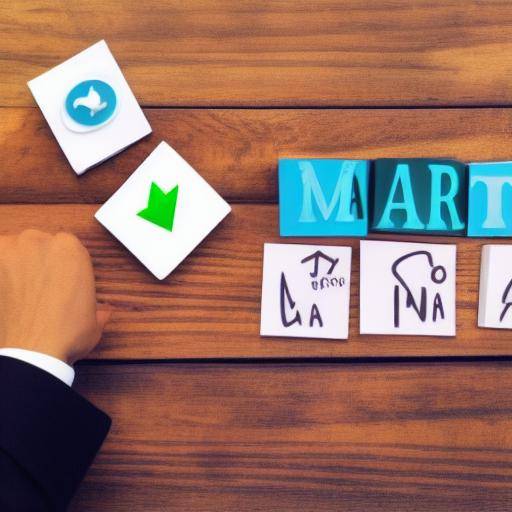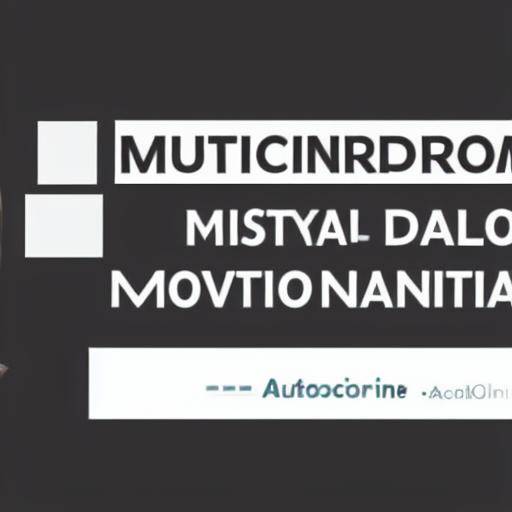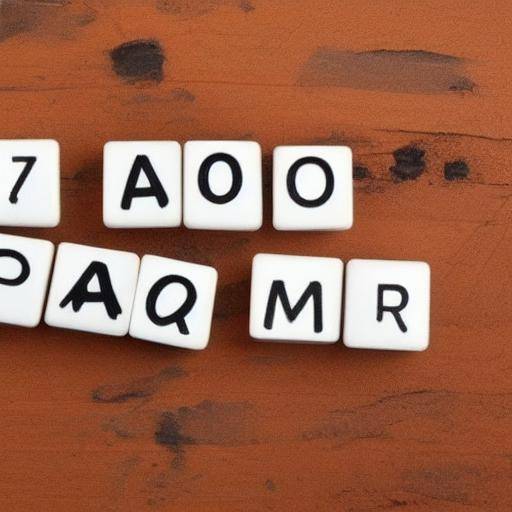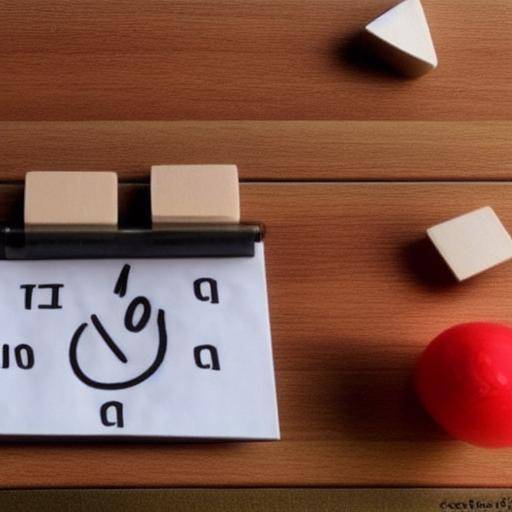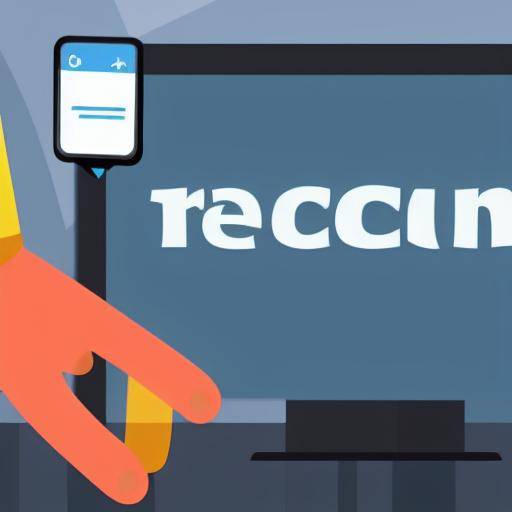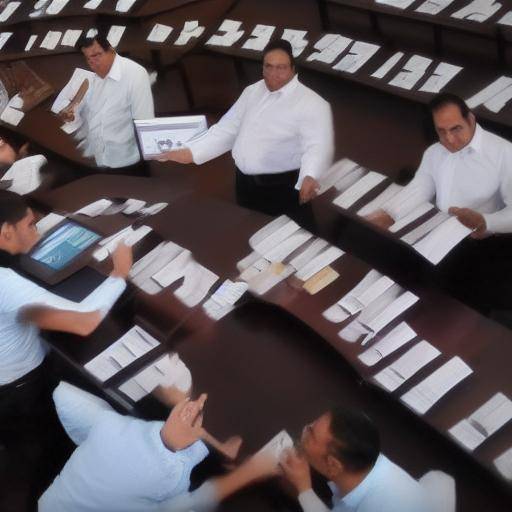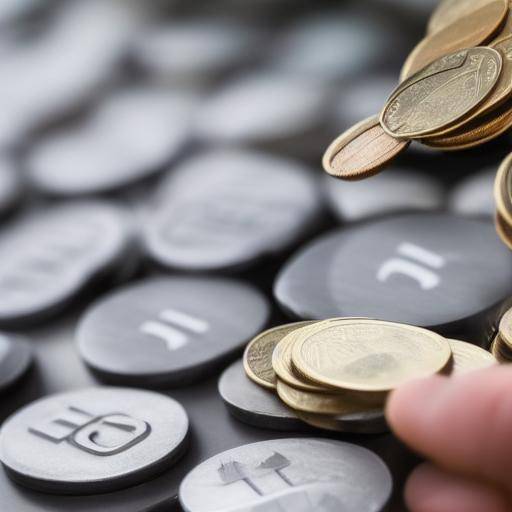
Procrastination is a common habit that can affect our productivity and well-being. Often, we postpone important tasks due to lack of motivation or fear of failure. However, there is an effective technique to overcome procrastination: the technique of reward. In this article, we will explore in detail how to use this technique, how motivation plays a crucial role in this process, and how to avoid delays effectively. Continue reading to discover how you can overcome procrastination and achieve your goals more efficiently!
Introduction
Procrastination is a common phenomenon that affects many people in their daily lives. We often pose important tasks for others more attractive or less difficult. However, this habit can cause stress, anxiety and a decrease in the quality of our work. The good news is that with the technique of reward, we can motivate ourselves to perform our tasks more efficiently, thus avoiding procrastination. In this article we will explore how to apply this technique, the importance of motivation in this process and how to avoid raising our responsibilities.
History and background
The technique of reward has its roots in behavioral psychology, where it has been used for decades to modify behaviors. This technique is based on the principle that rewards can reinforce desirable behaviors, which motivates us to repeat them. Throughout history, various studies and practices have supported the effectiveness of this technique to improve performance and productivity.
In the 1960s, psychologist Burrhus Frederic Skinner pioneered the use of positive reinforcements to modify behaviors in learning environments. Based on their research, it was demonstrated that rewards, such as praise, approval or tangible benefits, can have a significant impact on the adoption of desired behaviors. Since then, the technique of reward has been applied in various contexts, from education and labour training to the modification of personal habits.
In-depth analysis
The technique of reward is based on the principle of intrinsic and extrinsic motivation. Intrinsic motivation comes from personal realization and enjoyment of the activity itself, while the extrinsic motivation arises from external rewards, such as recognition or tangible benefits. By understanding these concepts, we can apply the reward technique more effectively.
By adopting the reward technique, it is crucial to identify our own intrinsic motivations and external rewards that encourage us to perform a task. By combining these two sources of motivation, we can significantly increase our will to fulfil our responsibilities and objectives.
It is important to note that while external rewards can be short-term effective, intrinsic motivation is often more durable and powerful in the long term. Therefore, it is essential to encourage and cultivate our intrinsic motivation to achieve sustainable change in our procrastination habits.
Comprehensive review
The application of the reward technique can vary according to individual circumstances and specific objectives that we want to achieve. Some people may benefit from simple rewards, such as taking a short break or enjoying a small pleasure after completing a task, while others may need more significant rewards, such as an additional free day or a special gift when reaching an important goal.
In addition, it is important to maintain a balance between rewards and accomplishment of tasks. Too many awards can decrease their effectiveness, while the lack of rewards can weaken our commitment. Therefore, it is essential to establish a system of clear and realistic rewards that motivates us to act without generating dependence on reisms.
The reward technique can also benefit from gamification, i.e. the application of game elements in non-ludic contexts to increase motivation and participation. By turning our tasks into rewarded challenges, we can create a more attractive and stimulating environment that drives us to overcome procrastination more effectively.
It is essential to recognize that while the technique of reward can be a powerful tool to overcome procrastination, it is also important to address the underlying causes of this behavior. Identifying and understanding the reasons for our tendency to postpone tasks allows us to address the problem more broadly and sustainably.
Comparative analysis
By analyzing the technique of reward in relation to the motivation and avoidance of procrastination, we can identify significant similarities and differences. While the reward technique focuses on the system of incentives and rewards to motivate the performance of tasks, the motivation encompasses a wide range of drivers, including the search for personal goals, self-determination and passion for the activity itself.
For its part, the avoidance of procrastination implies the adoption of strategies and practices to overcome the postponement of tasks, which may include the use of the reward technique, but also encompasses other methods such as time management, the establishment of realistic goals and the development of personal discipline.
By integrating these three areas, we can build a holistic approach to improving our productivity and overcoming procrastination. The combination of reward technique, personal motivation and strategies to avoid postponement can help us achieve greater performance and satisfaction in our daily activities.
Accessible practical advice and advice
- Identify your rewards: Take time to identify what external rewards motivate you and what are your internal motivations. Knowing these motivational sources will help you apply the technique of reward effectively.
- Establish clear objectives: Define specific and realistic goals that can be rewarded by achieving them. Setting concrete goals gives you a sense of direction and purpose.
- Create a Reward System: Design a system of rewards that is meaningful and balanced. Avoid excesses or rewards that may decrease your effectiveness over time.
- Celebrate your achievements: Recognize and celebrate your achievements, however small. Celebrating their successes reinforces their motivation and promotes a positive attitude towards their tasks.
- Adjust your approach according to your needs: Customize your system of rewards and adaptations while discovering what works best for you. Flexibility is key to maintaining the effectiveness of reward technique over time.
Conclusions and FAQs
Conclusions
The reward technique offers an effective and motivating approach to combating procrastination and improving productivity. By understanding the importance of intrinsic and extrinsic motivation, as well as the balance between rewards and tasks, we can apply this technique more effectively in our daily lives. By integrating motivation, avoiding procrastination and reward technique, we can develop a complete approach to achieving our goals and fulfilling our responsibilities.
Frequently asked questions
How does intrinsic motivation affect the effectiveness of the reward technique?
Intrinsic motivation represents the own will and enjoyment of the activity, which can improve the effectiveness of the long-term reward technique. By merging intrinsic motivation with extrinsic rewards, we can enjoy greater satisfaction and persistence in our tasks.
Is the technique of reward applicable to any type of task or activity?
Yes, the reward technique is versatile and can be adapted to a wide variety of tasks and activities, from labor commitments to personal goals. The key is to identify the rewards that motivate us and apply them in a coherent way to our responsibilities and goals.
How can I avoid excessive dependence on external rewards?
It is important to balance the external rewards with the intrinsic enjoyment of the activity itself. By fostering intrinsic motivation and evaluating process and achievements we can avoid over-reliance on external rewards and maintain a more sustainable approach to our tasks.
Is the reward technique suitable for all people?
Although the reward technique can be effective for many people, it is important to consider that each individual has their own motivations and preferences. Some people can benefit more from other approaches to overcome procrastination. Experience and adapt the technique of reward to your specific needs is essential to your effectiveness.
How can the technique of reward contribute to lasting change in the habits of procrastination?
By combining the technique of reward with the identification and approximation of the underlying causes of procrastination, we can promote a more meaningful and lasting change in our habits. By strengthening intrinsic motivation and implementing strategies to avoid postponement, we can build a solid foundation for sustainable change in our behaviors.
By applying these tips and considerations, you can empower yourself to overcome procrastination and achieve your goals more effectively. The technique of reward is a powerful tool that, together with the motivation and strategies to avoid postponement, can lead to greater performance and satisfaction in your daily activities. Go ahead, start applying this technique and experience its benefits in your life!

